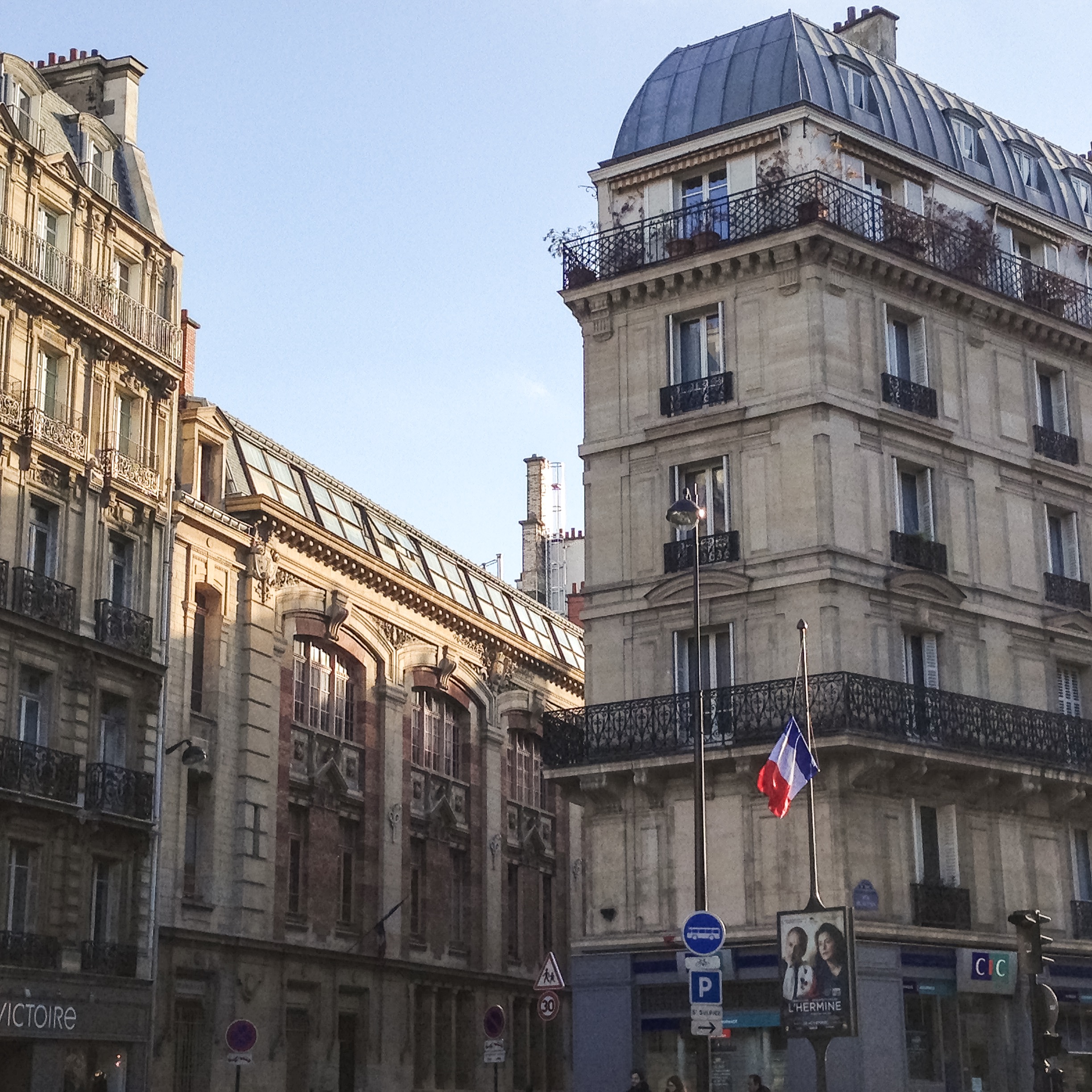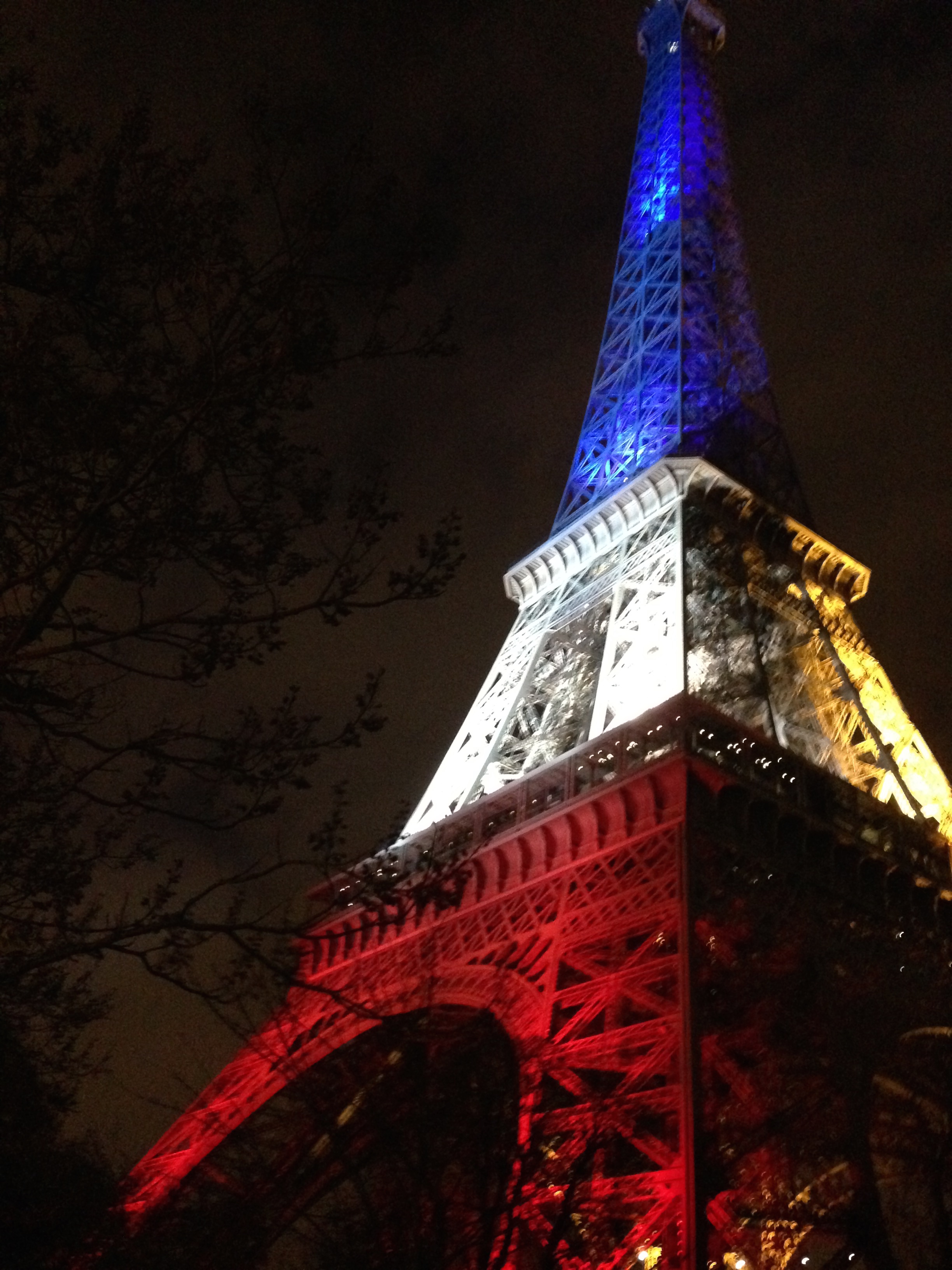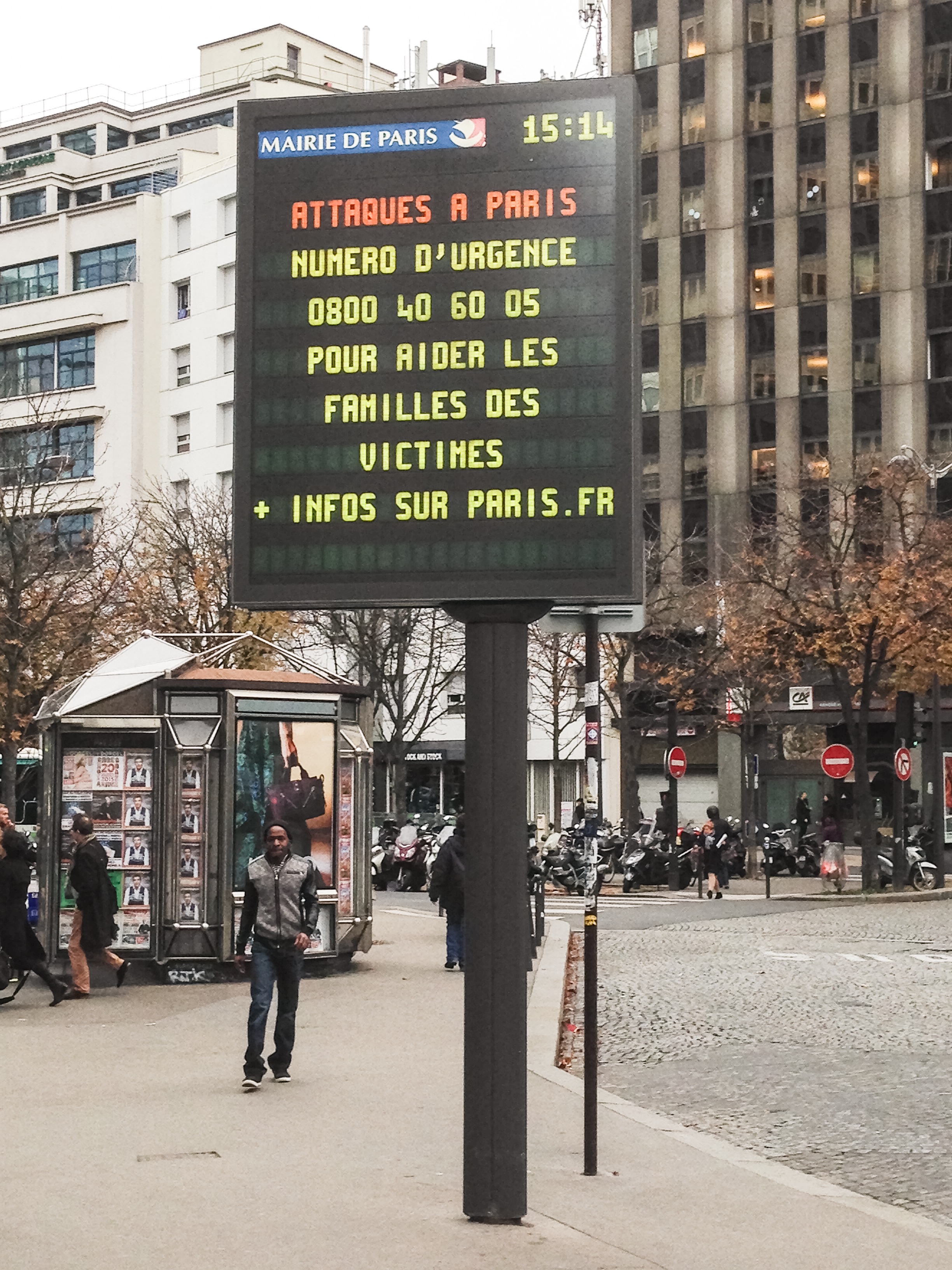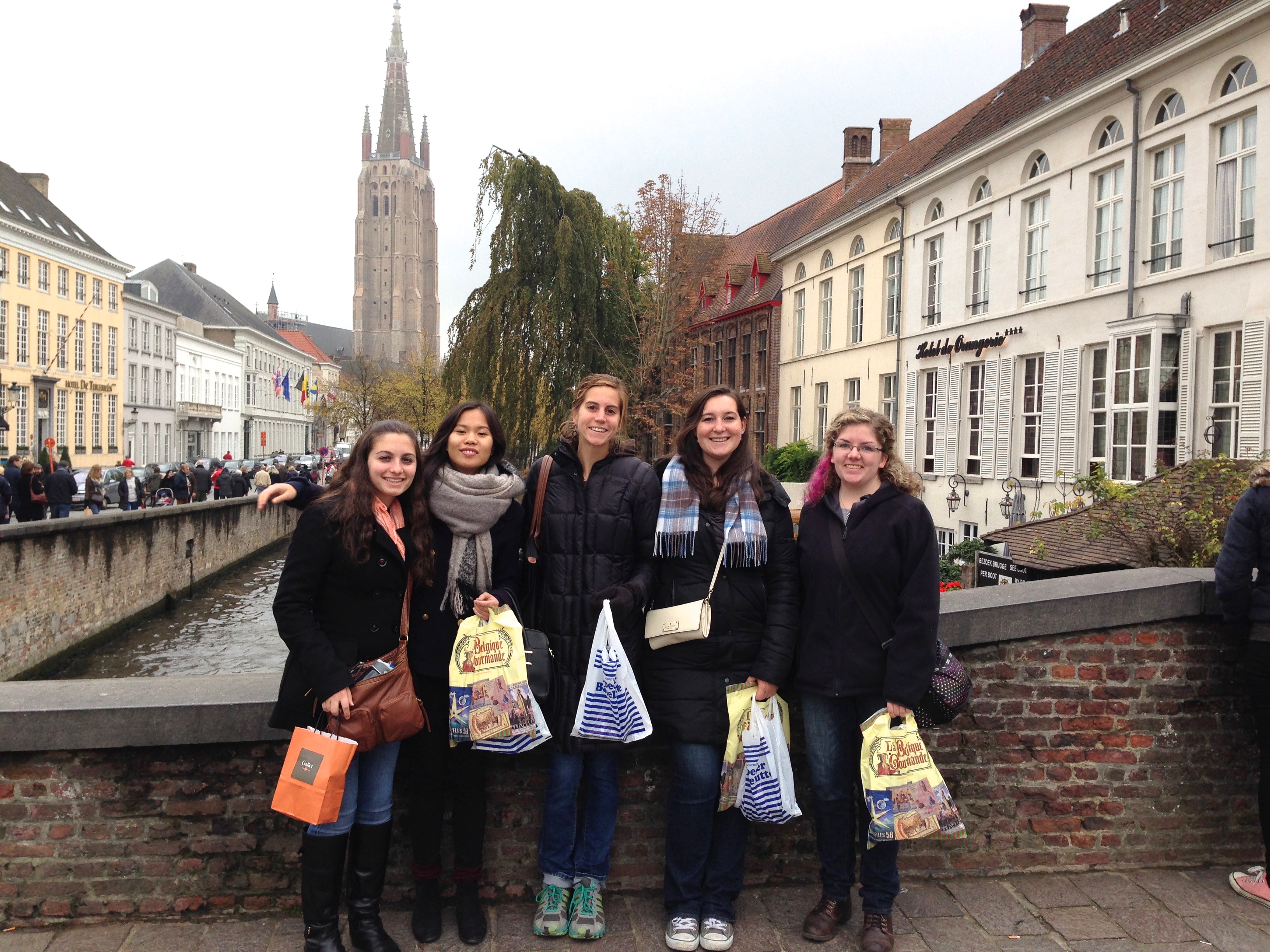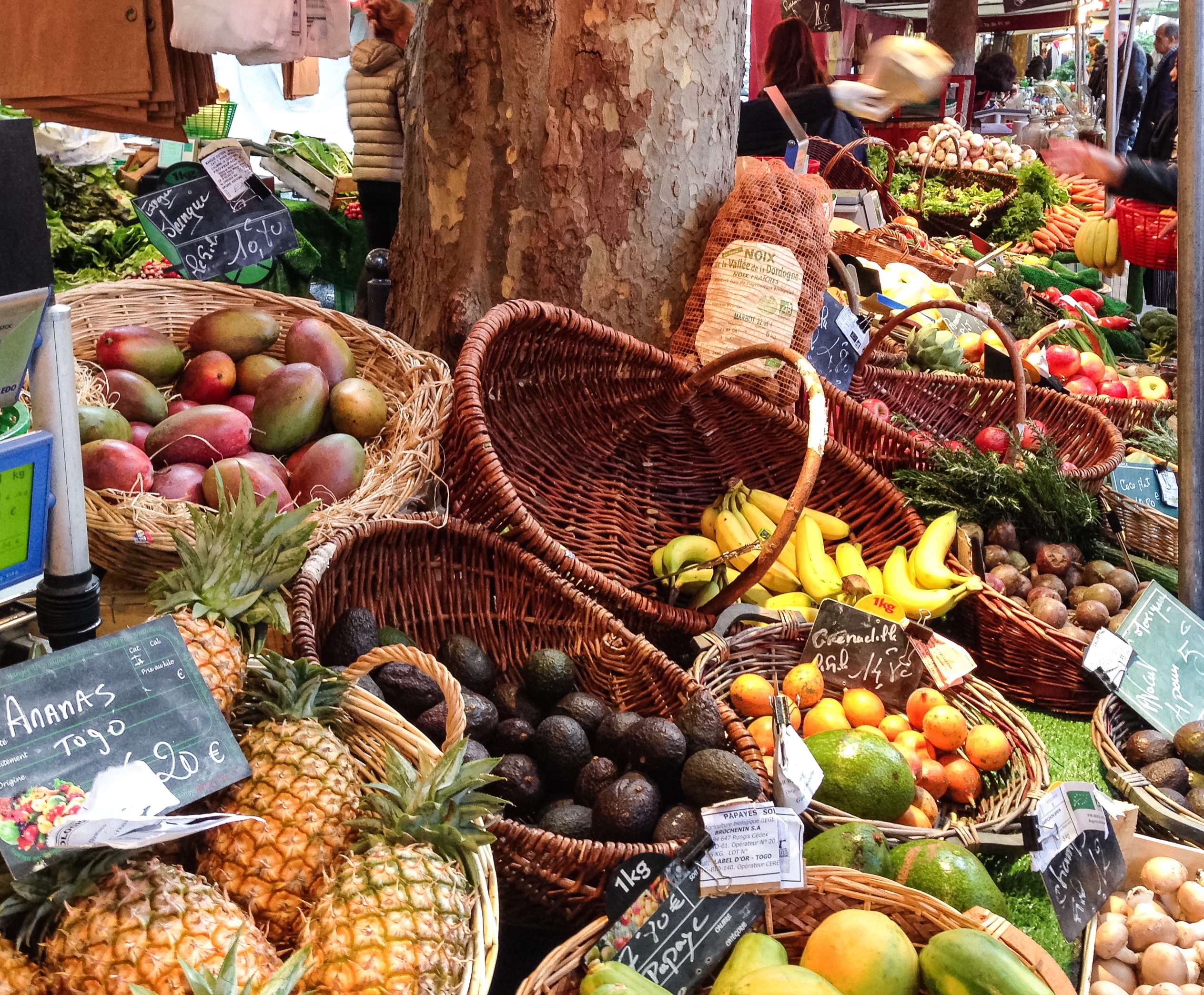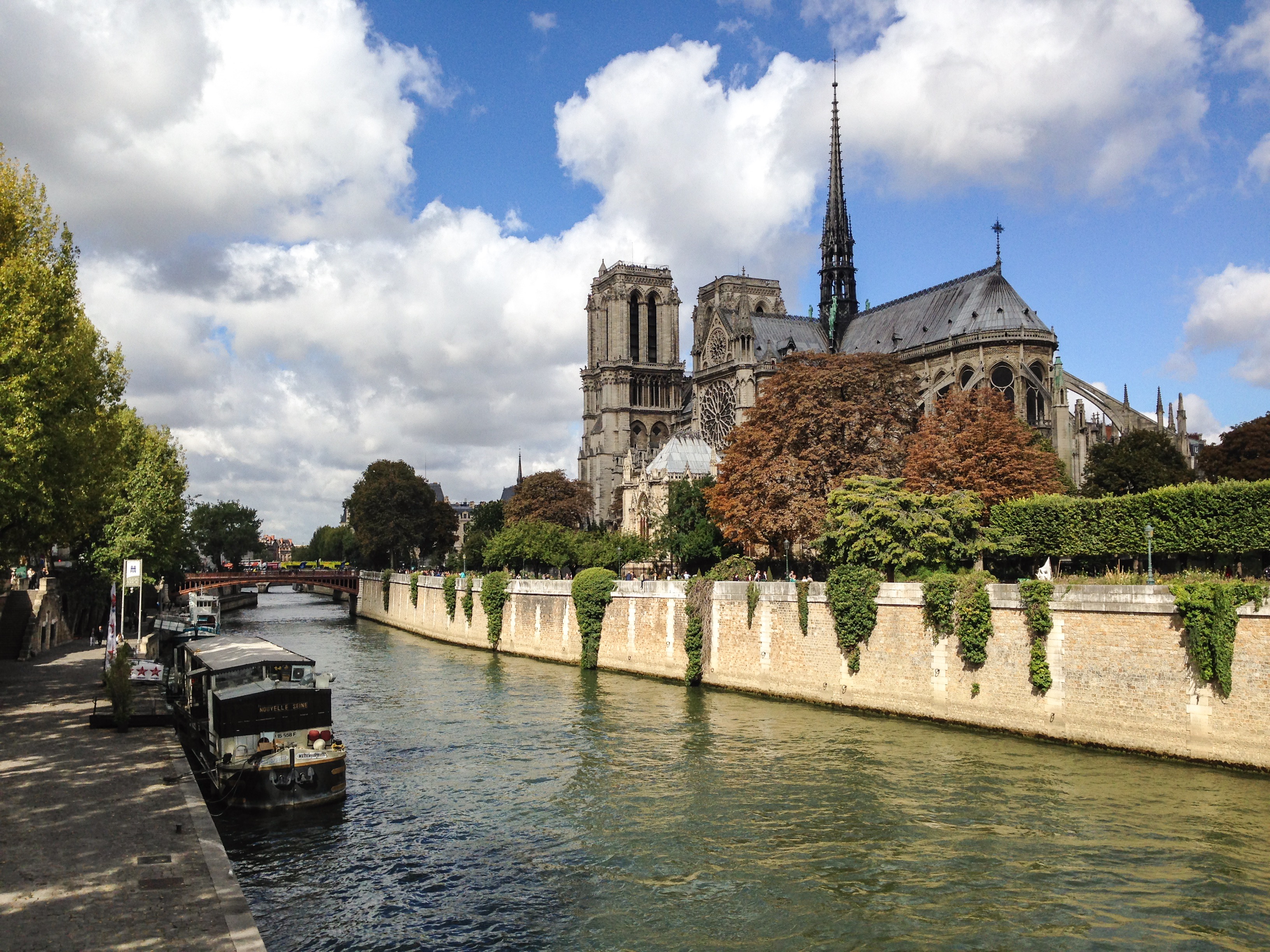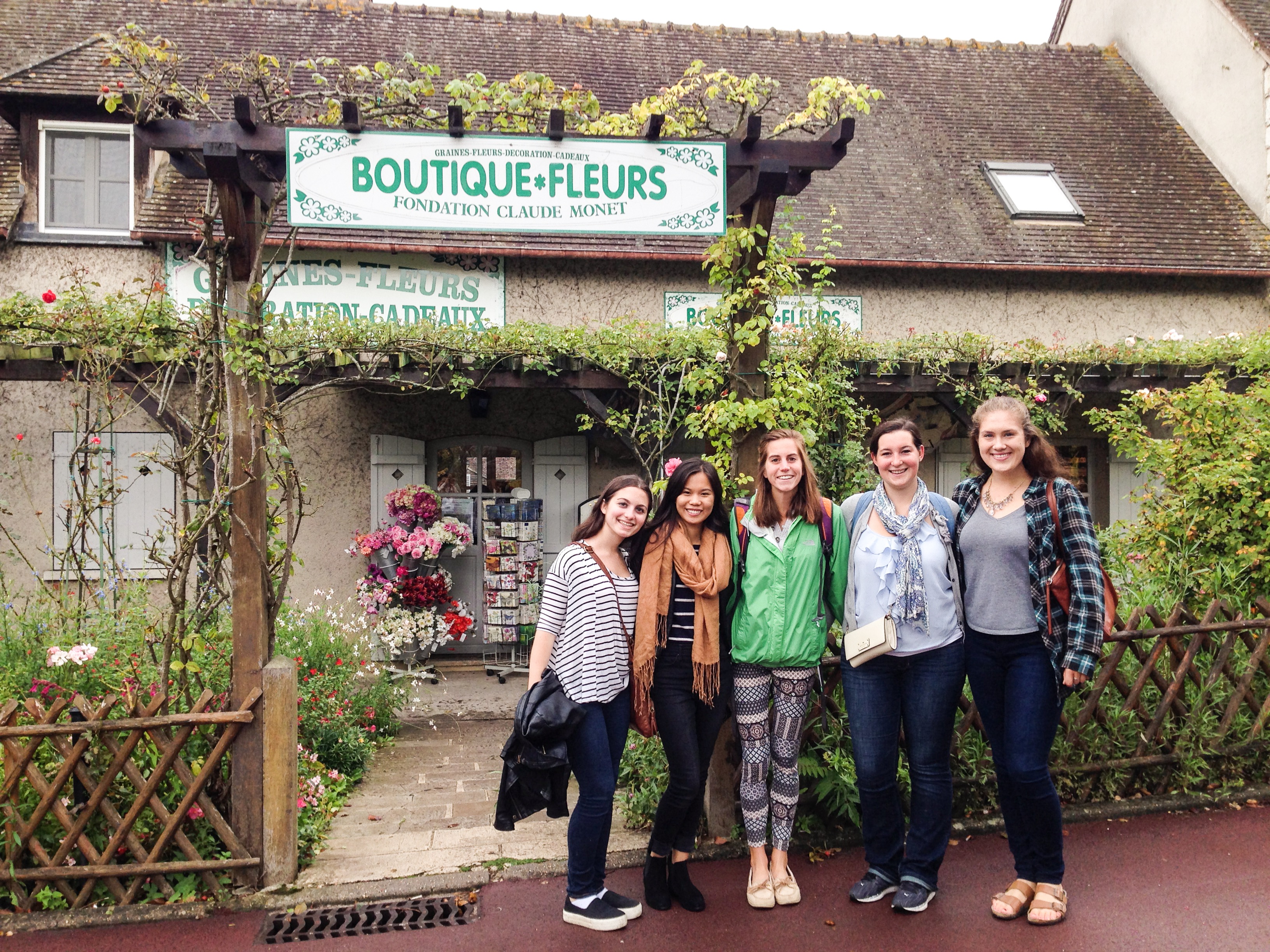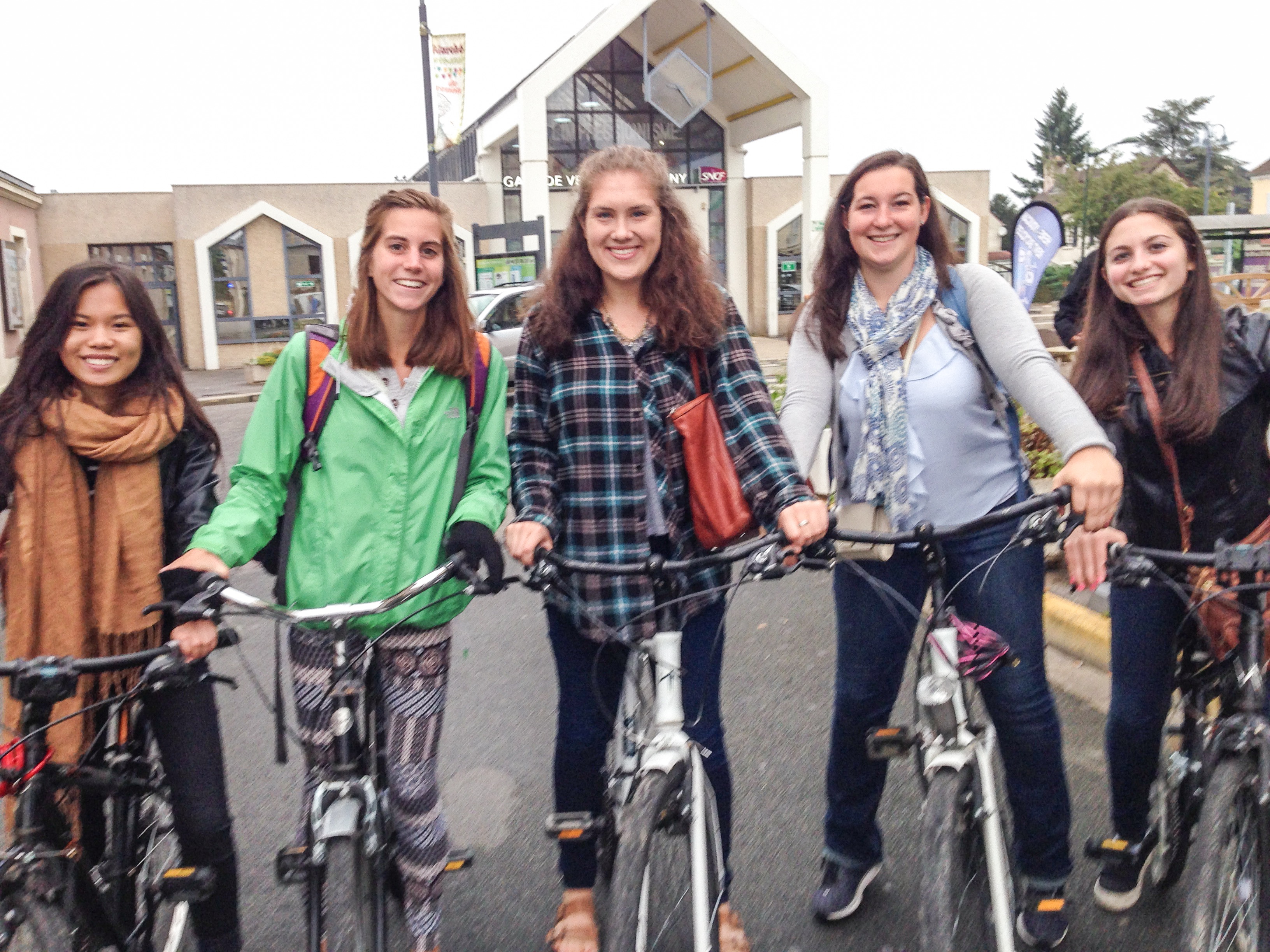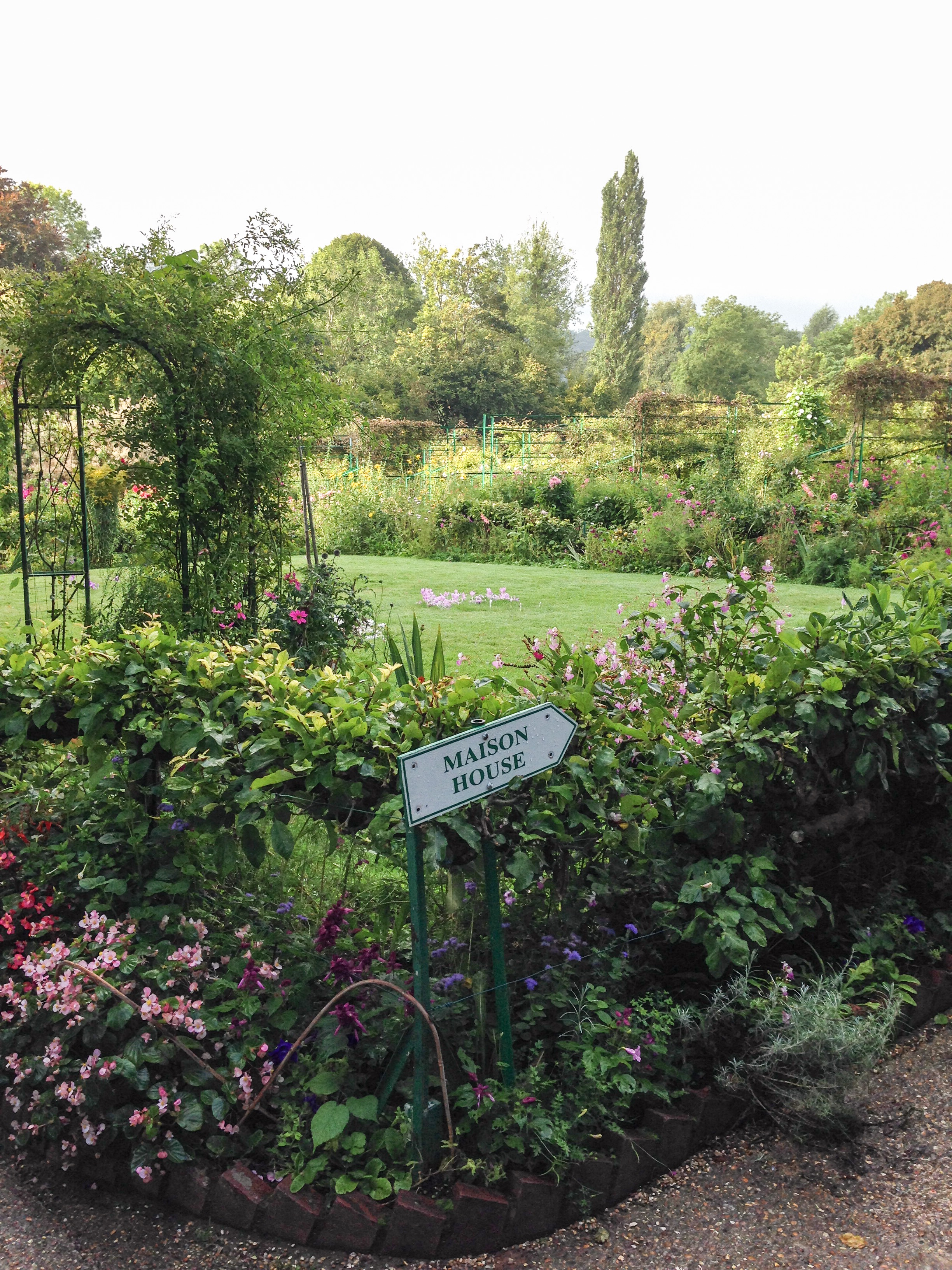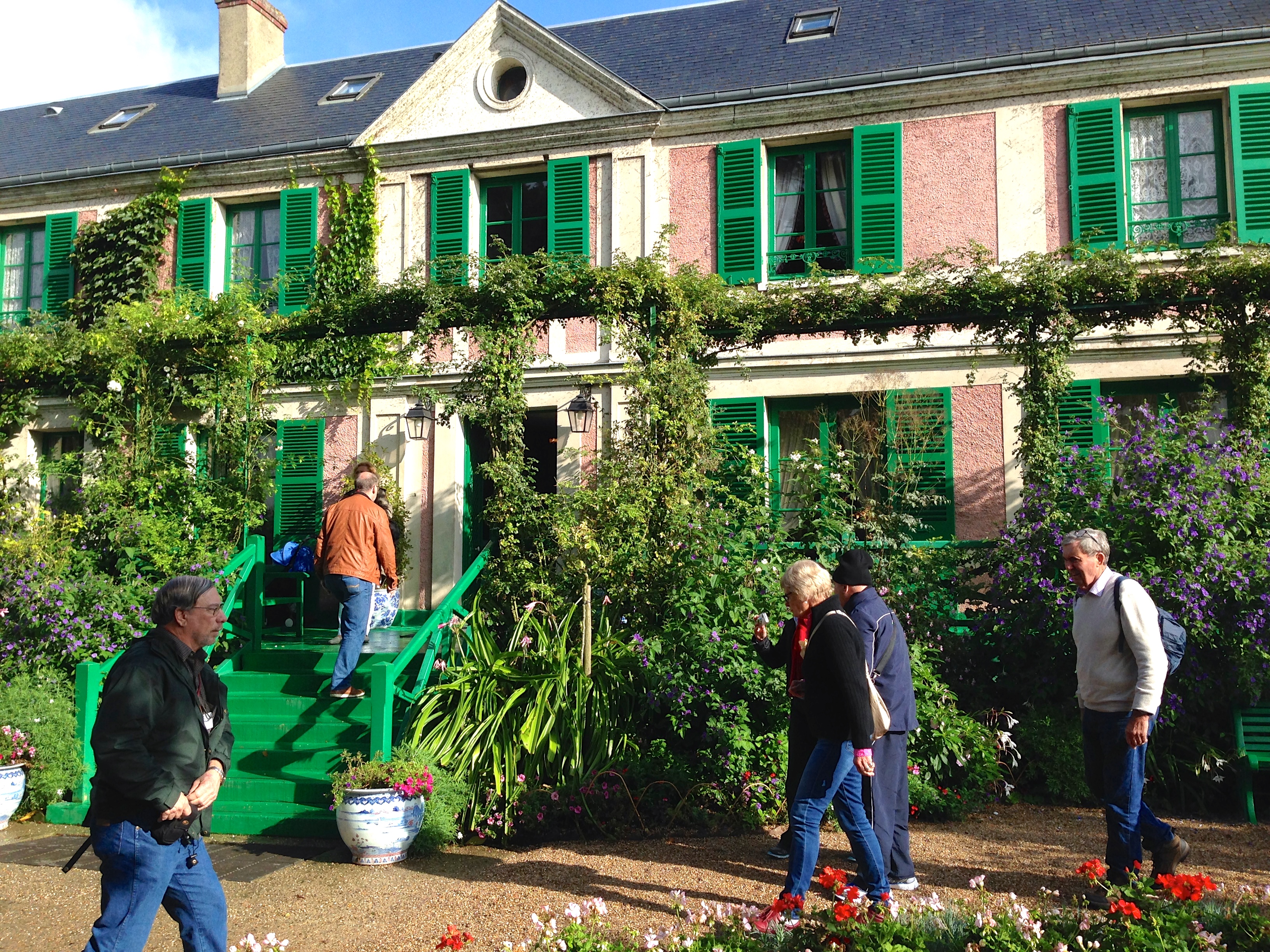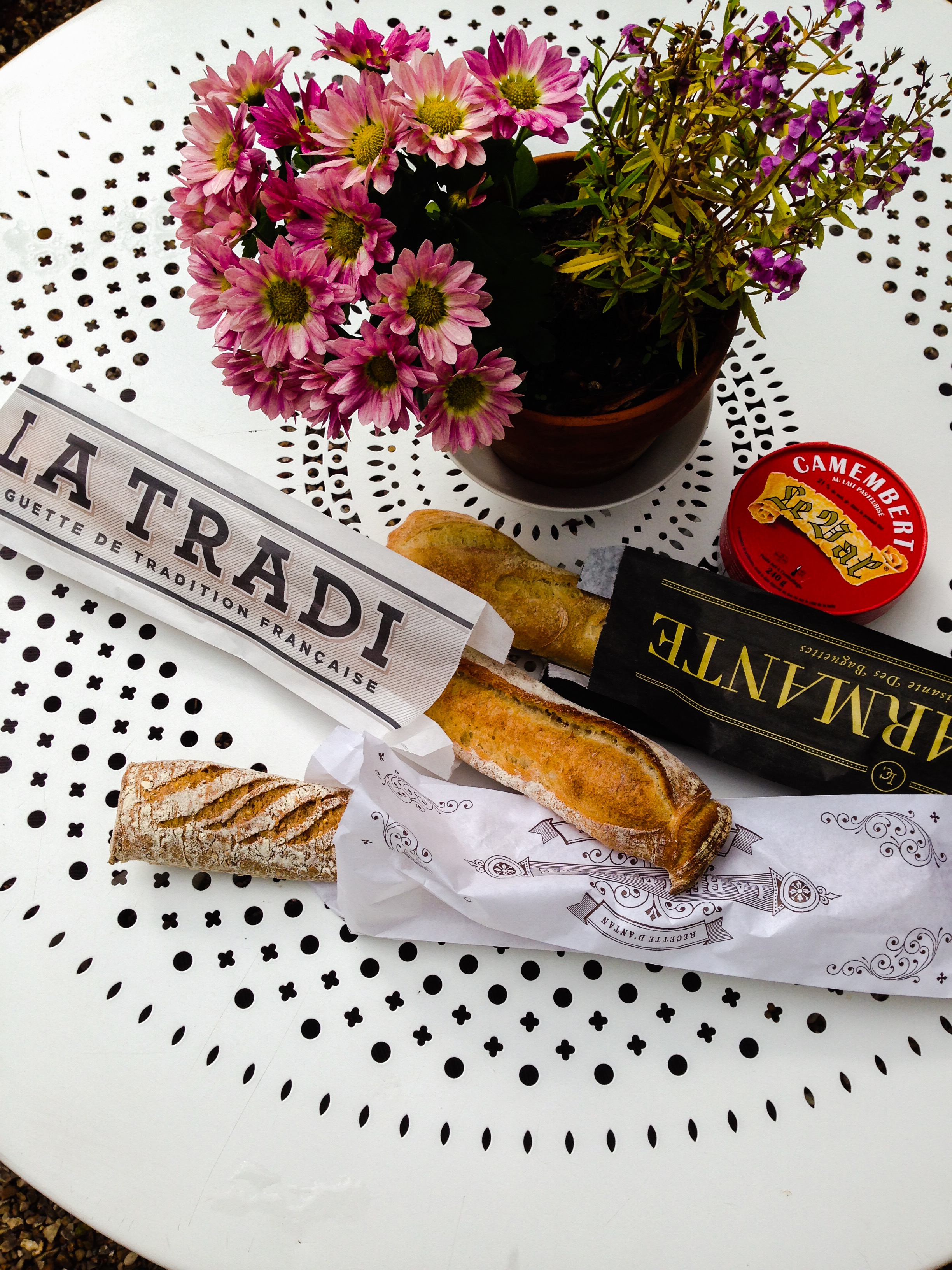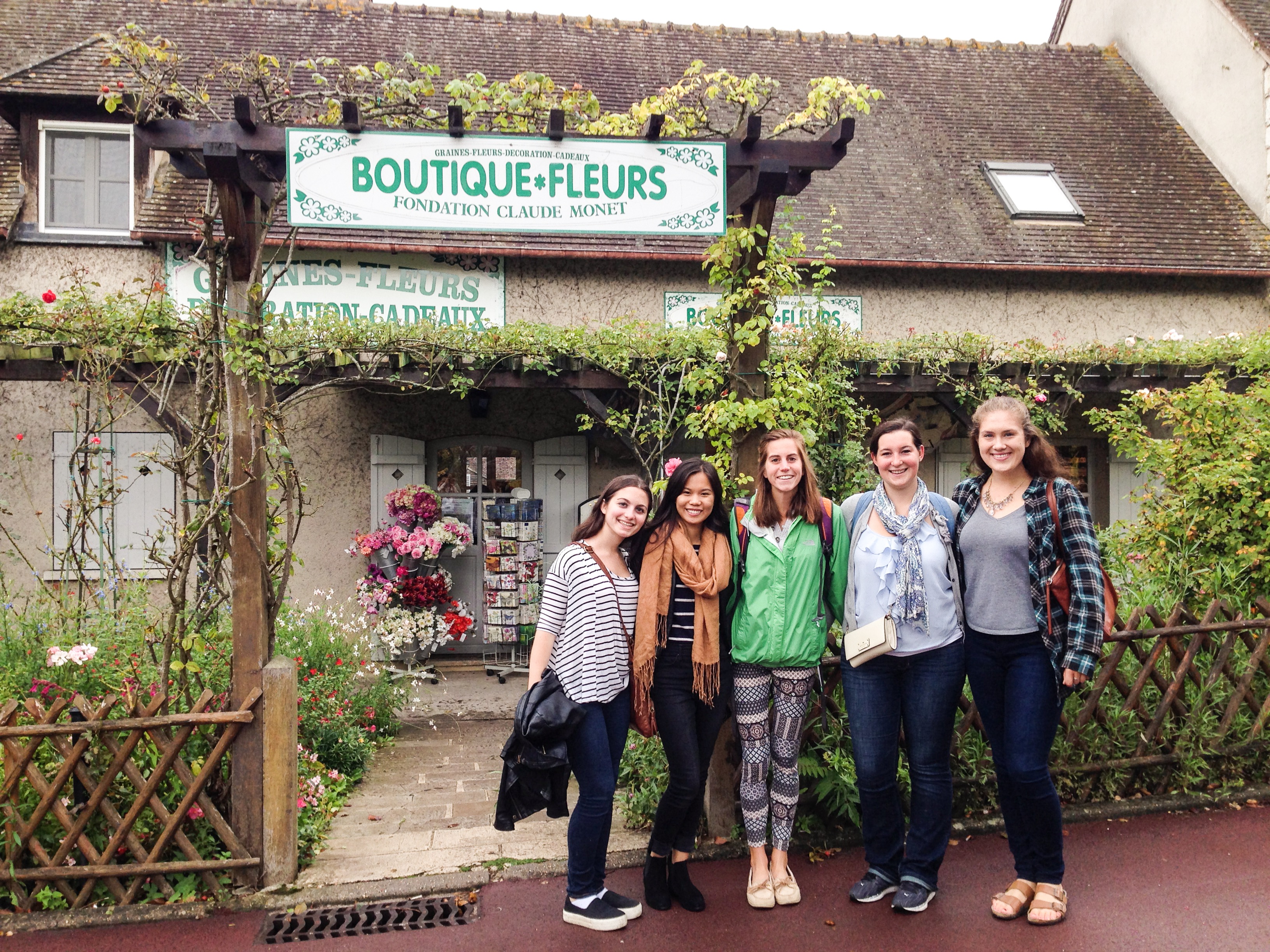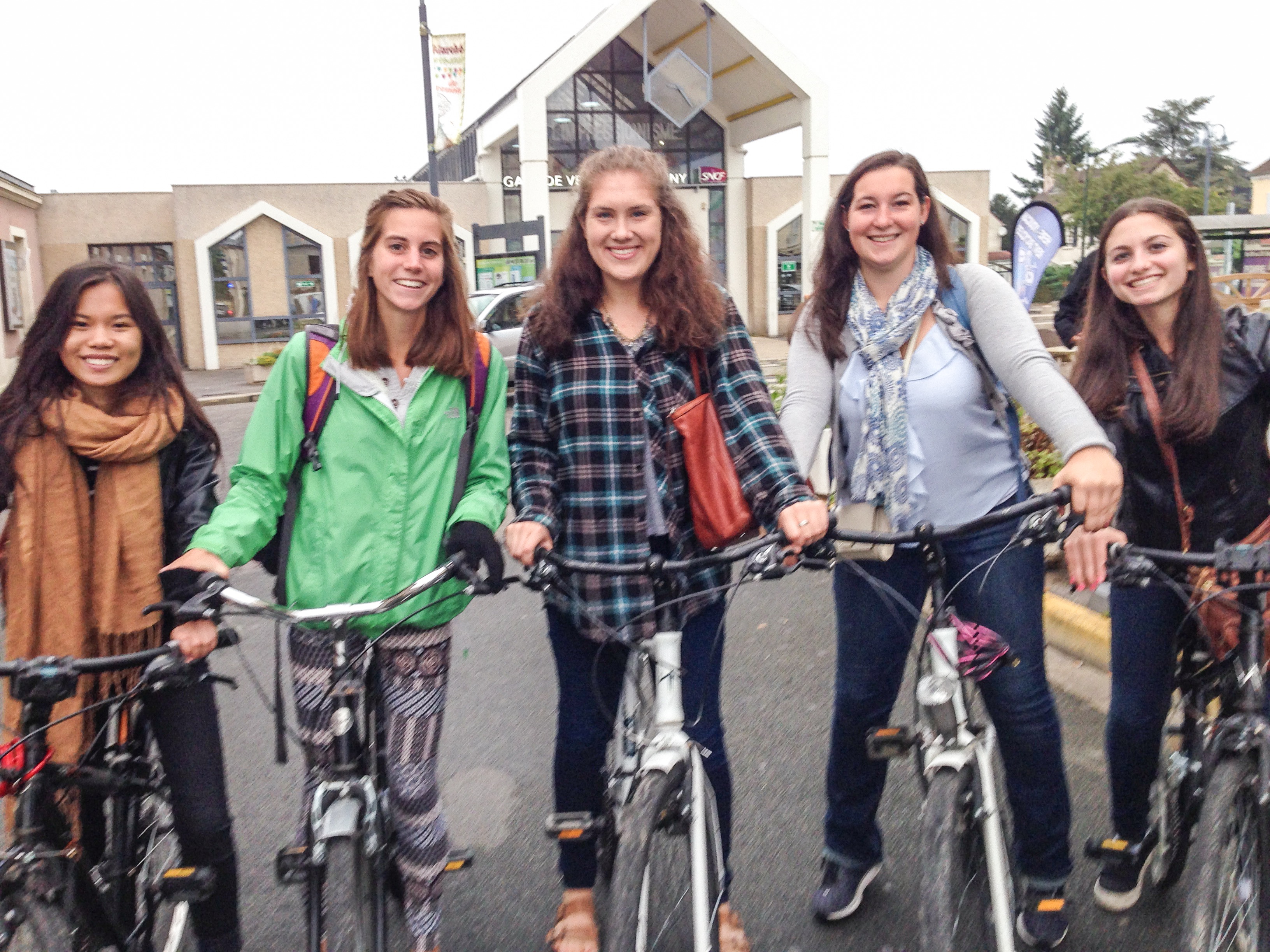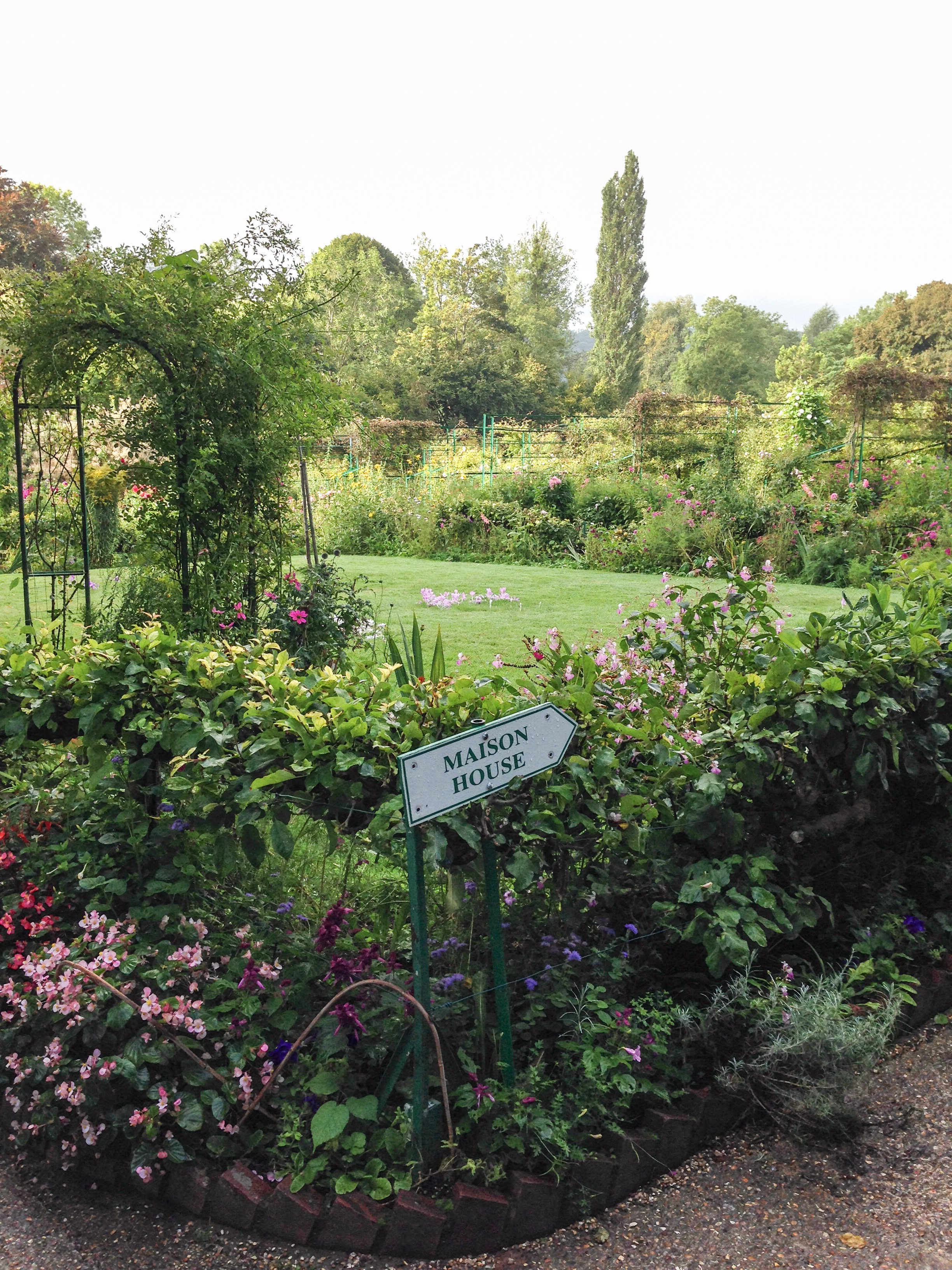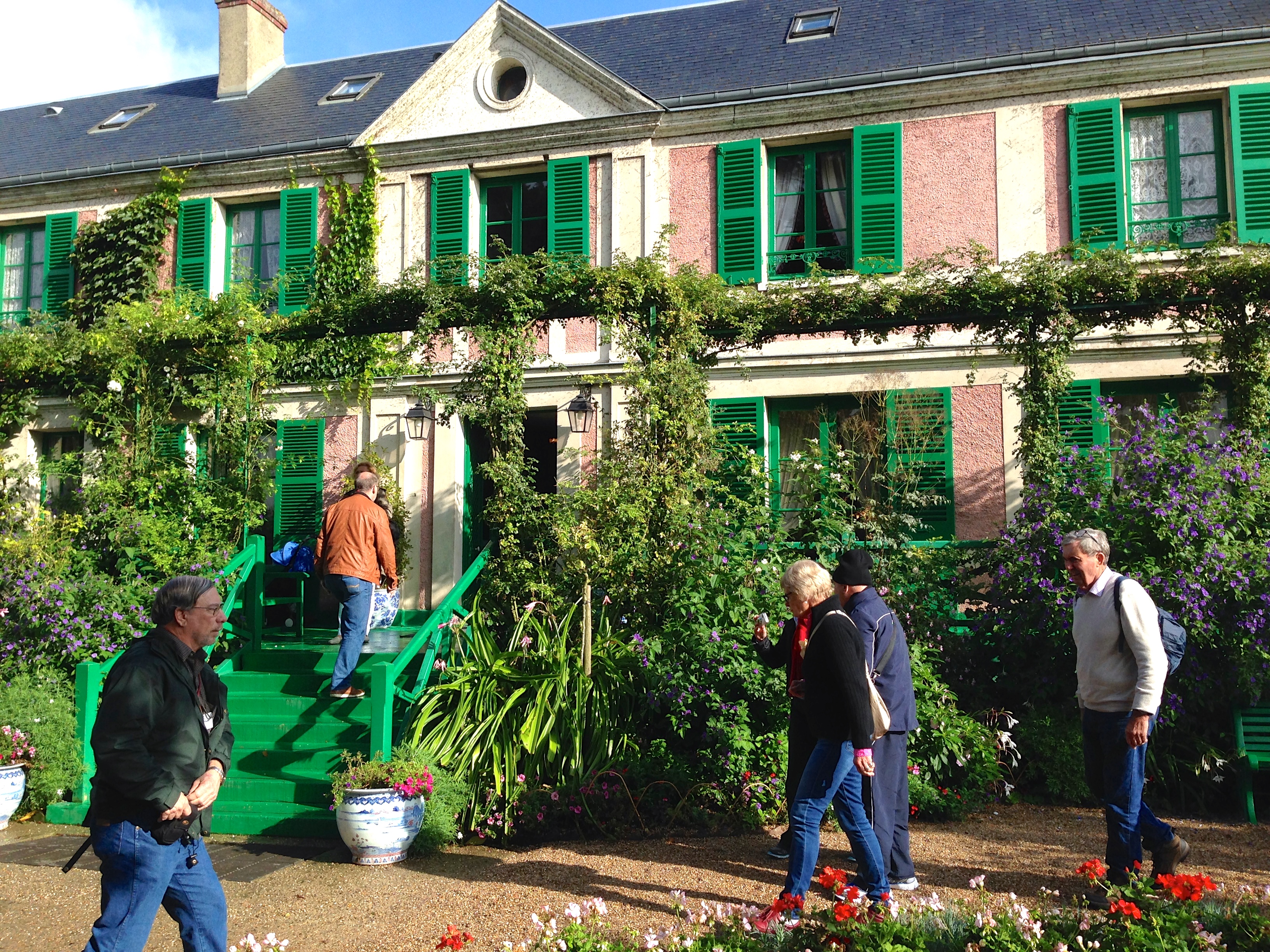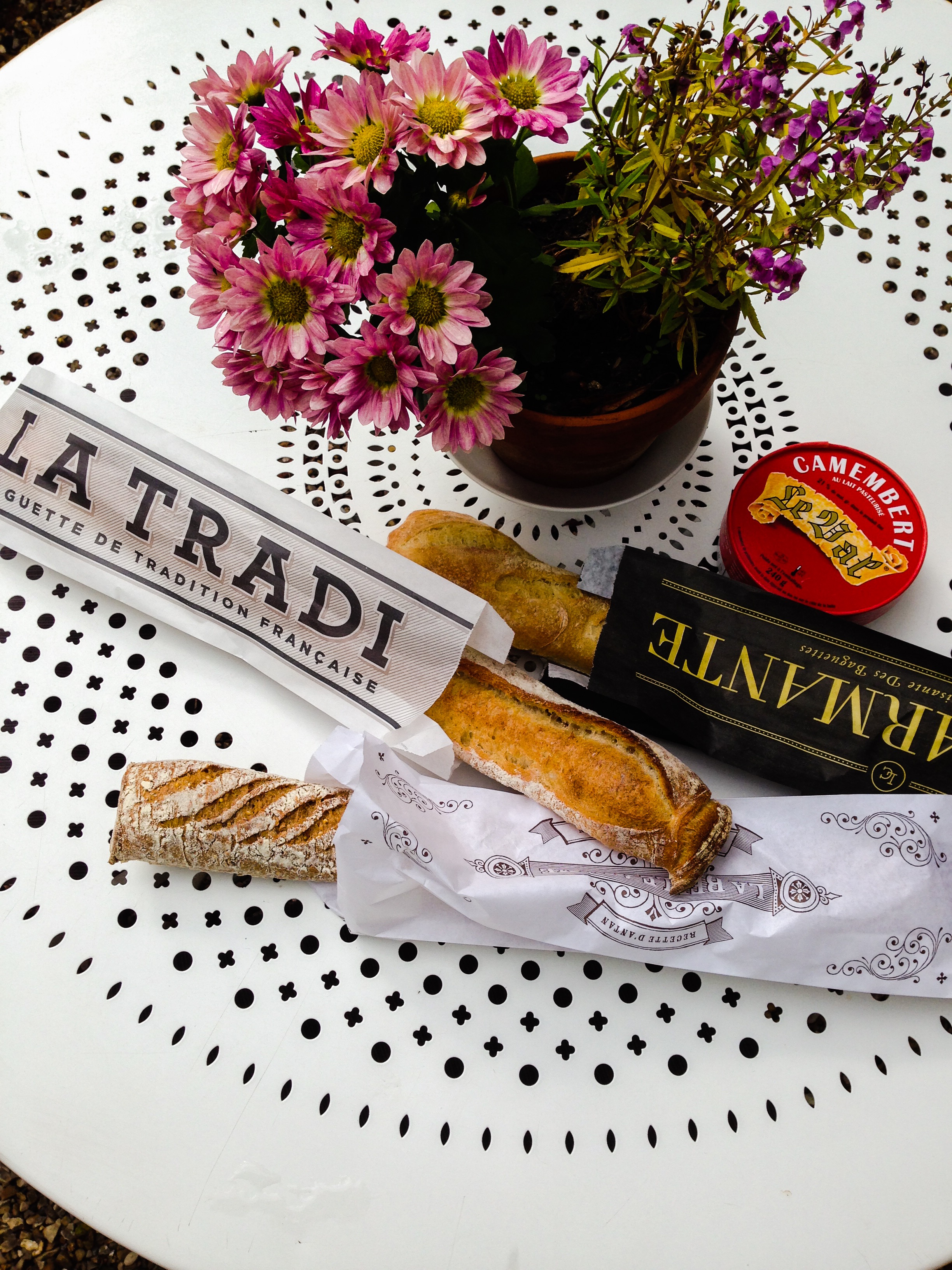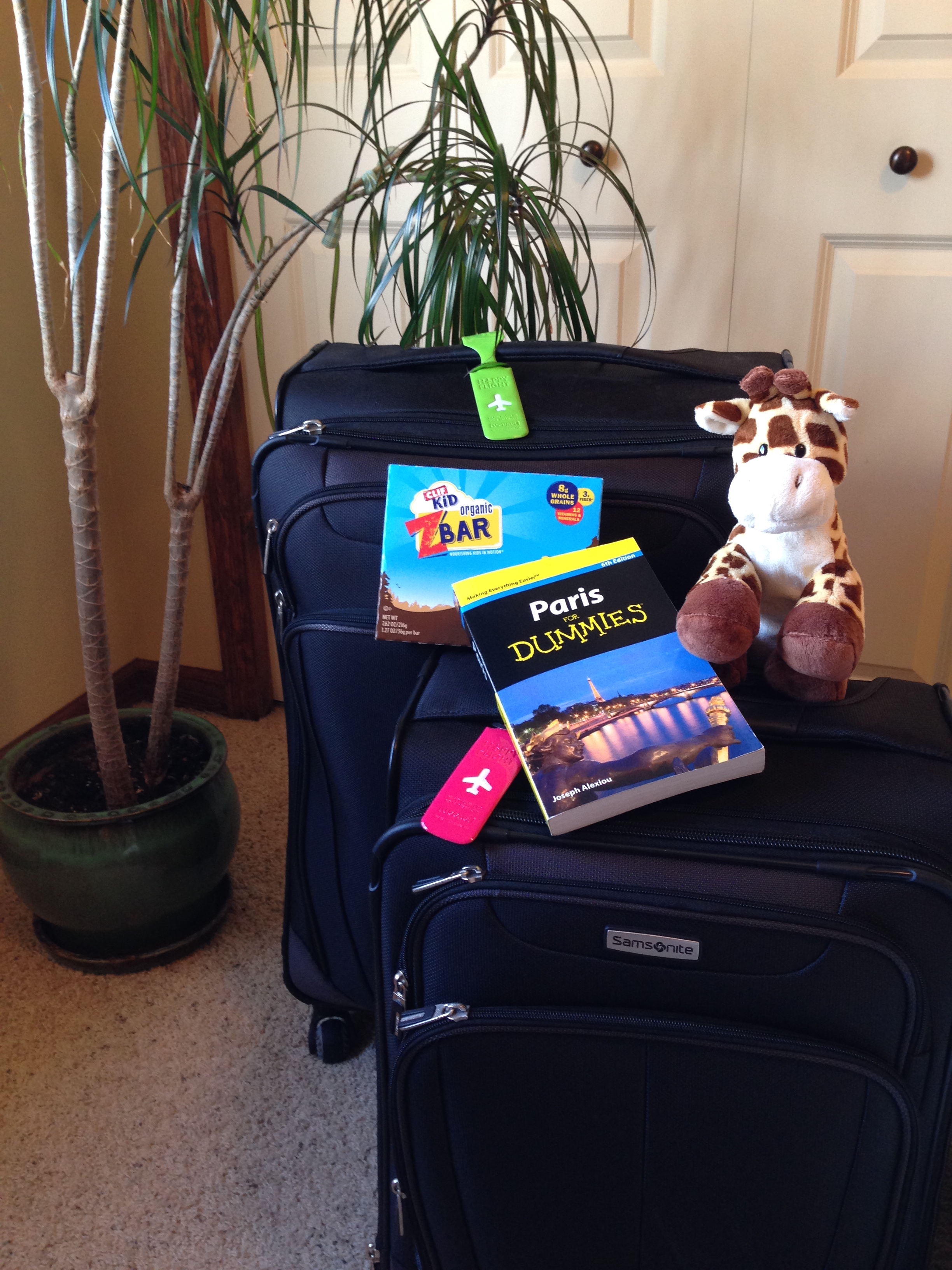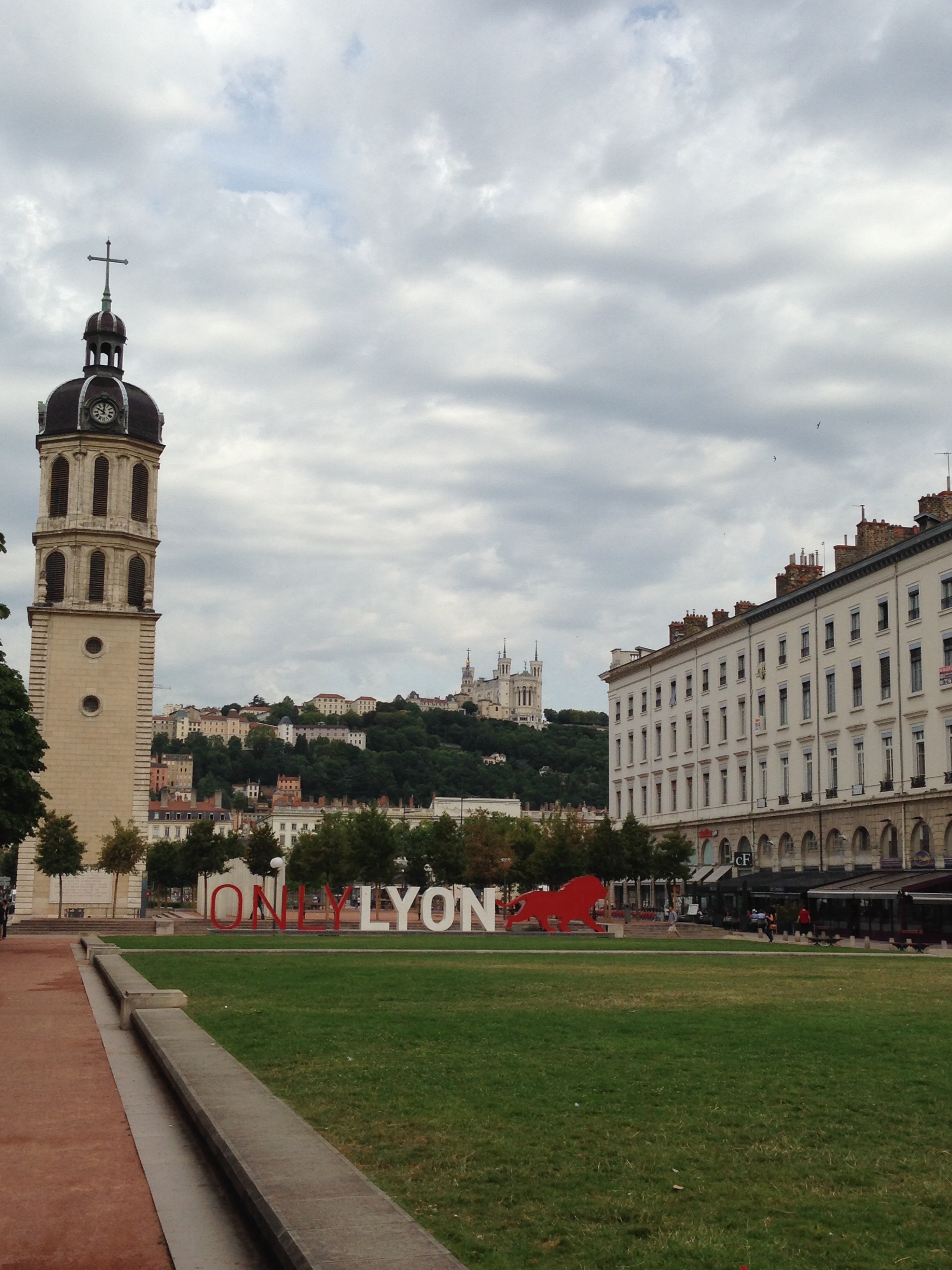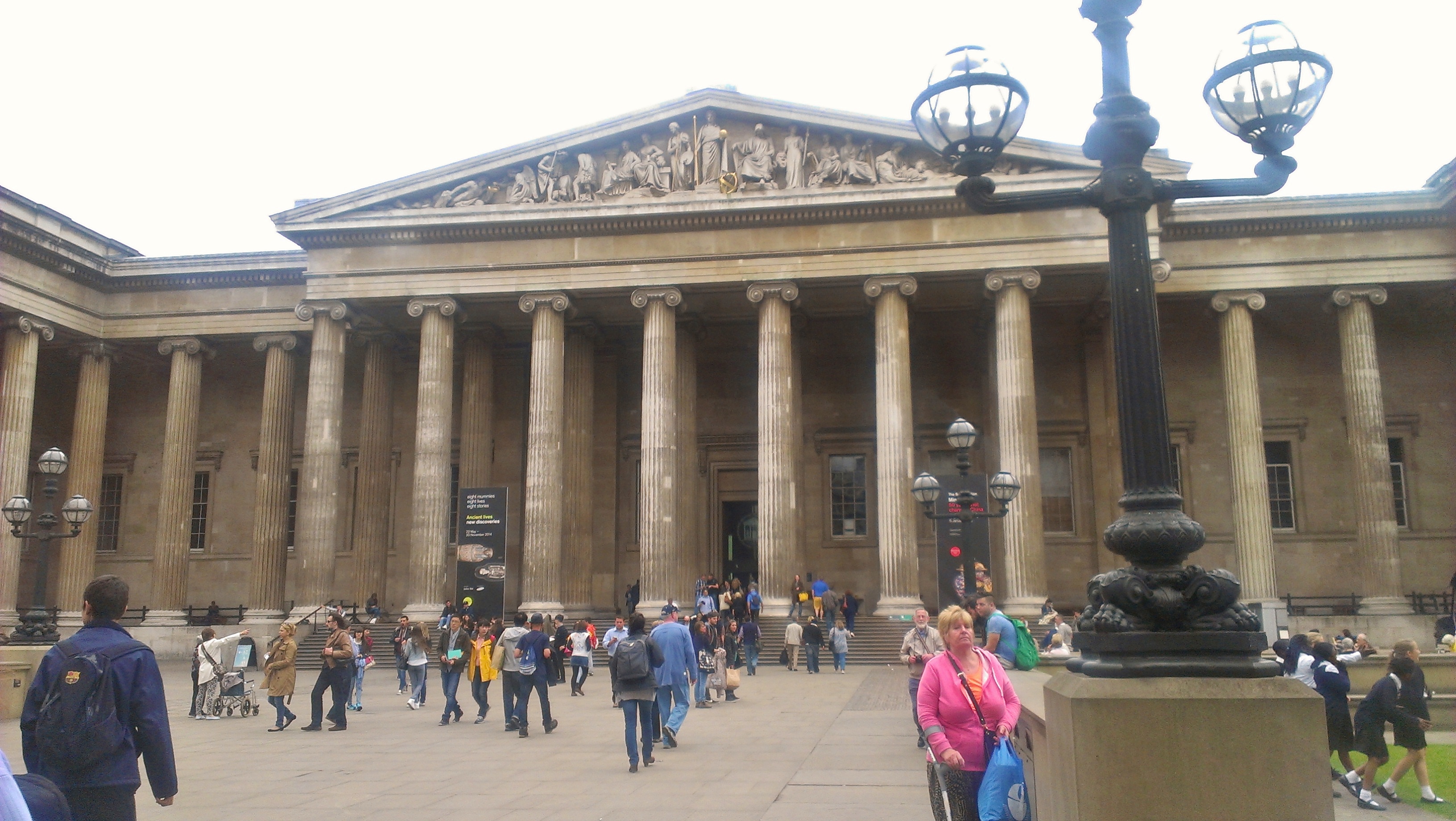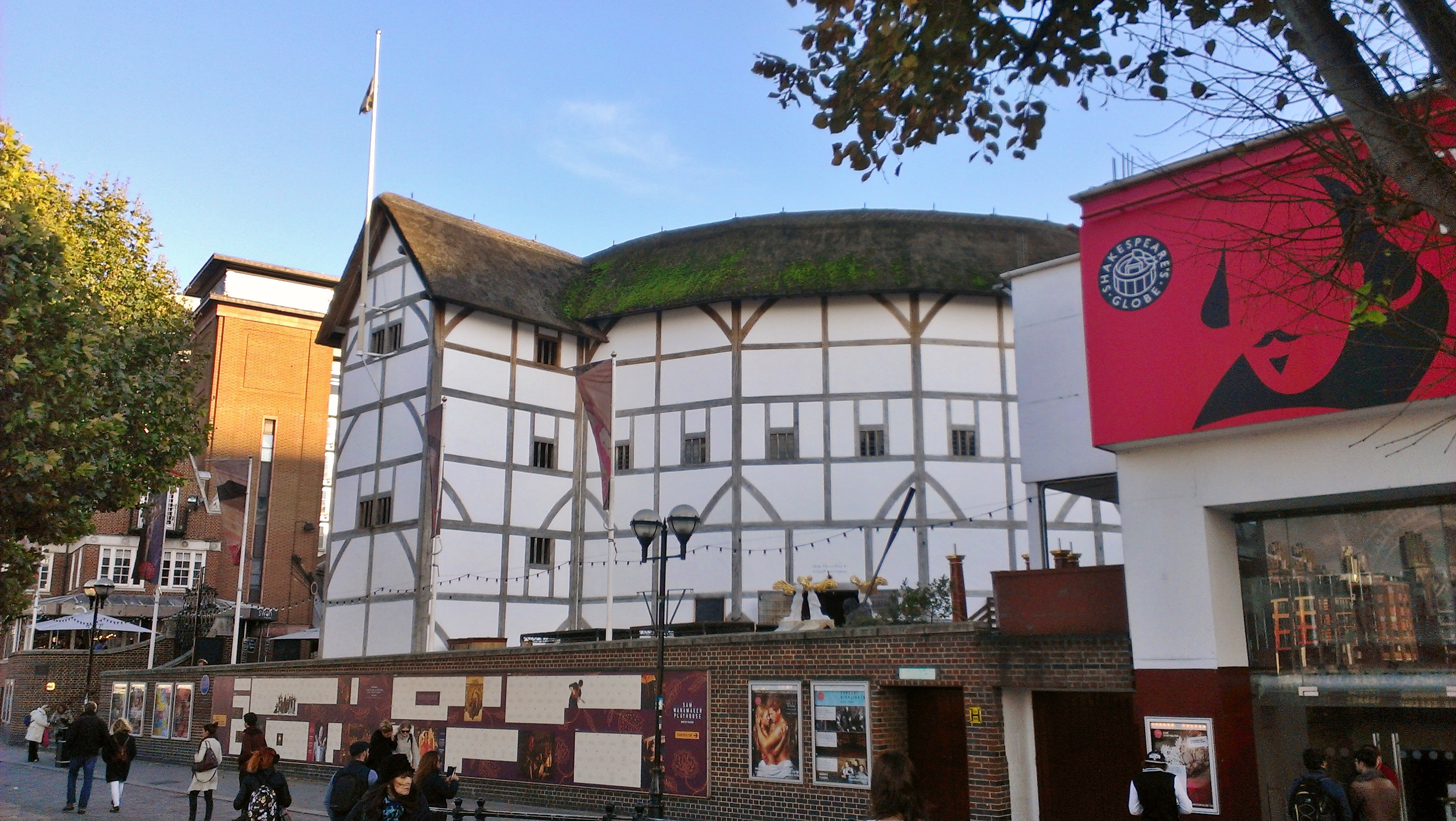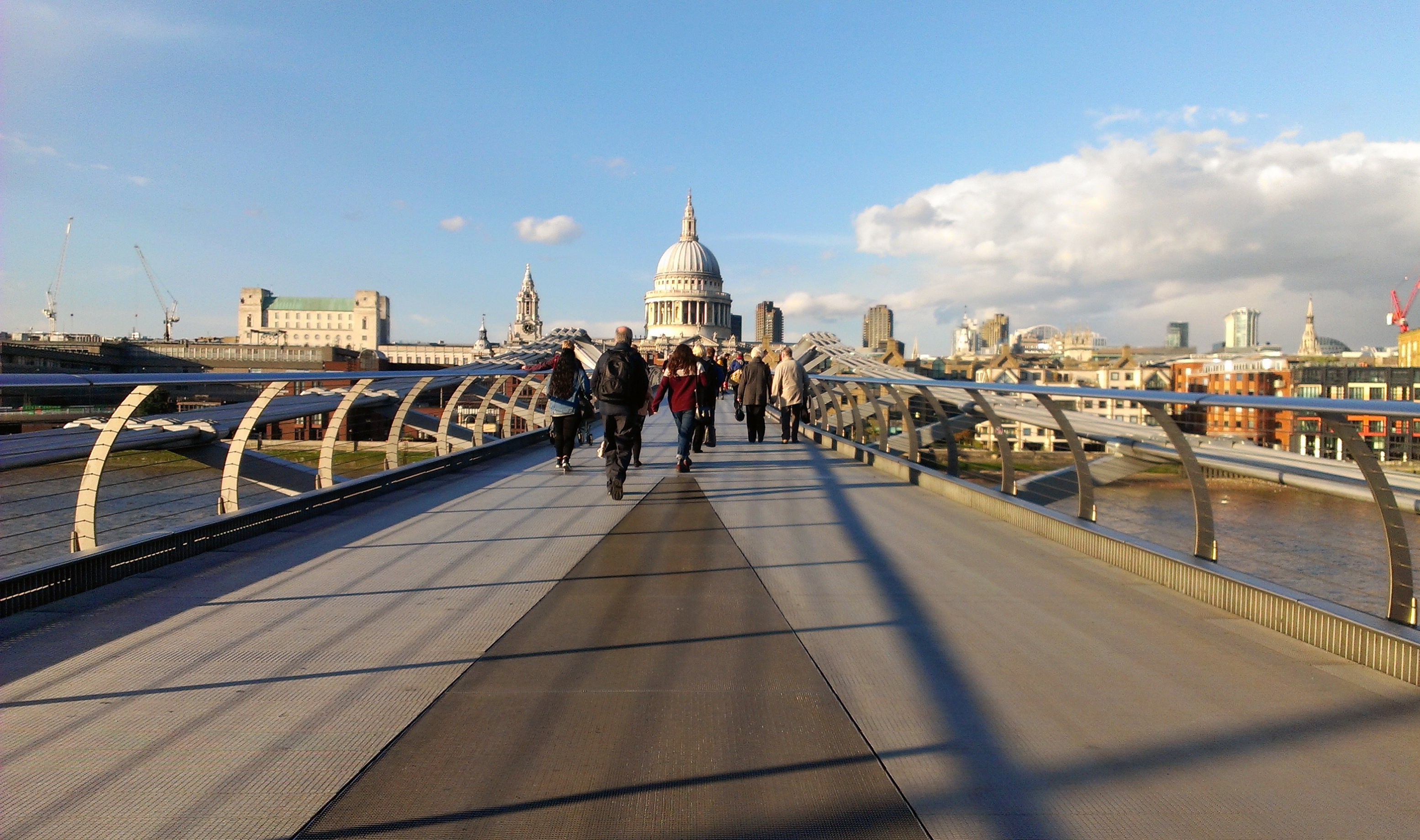Spending my junior fall semester abroad in Paris was truly wonderful. I have now been home for several weeks and, after telling my family and friends all about the incredible experiences that I had in France, I thought that I’d write about a few of my favorite moments from my semester abroad.
1) Perhaps the biggest highlight of my semester abroad was the weekend that I spent in London. Going to England was the one place that I definitely wanted to visit while I was in Europe. Since it was such a priority to me, I went at the very beginning of the semester, before I was too overloaded with homework or stress to fully enjoy the trip (which was a wise choice!). I absolutely loved London. My favorite place was Hyde Park, and I wish that I could go to the Borough Market every day!
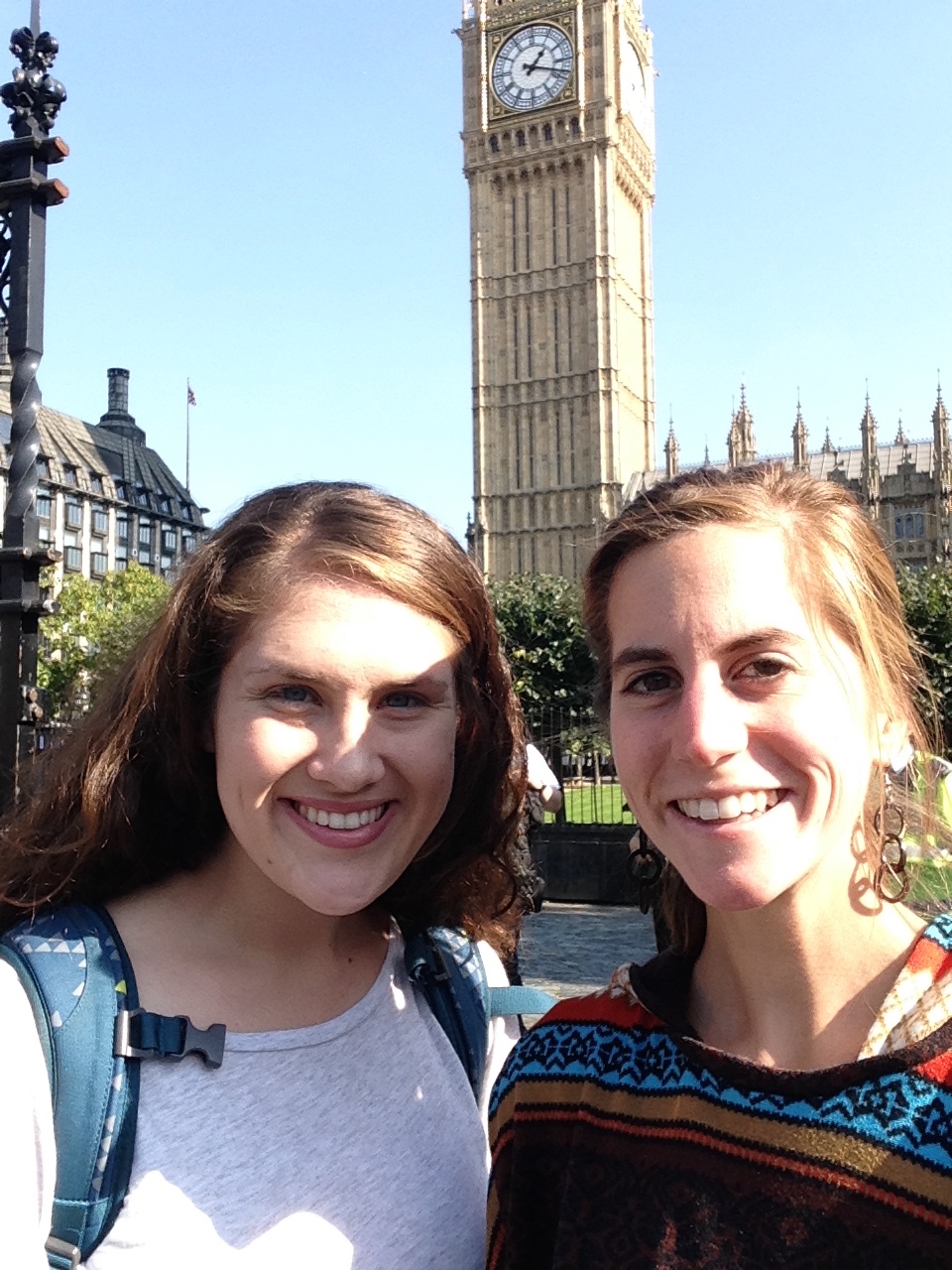
2) During the summer before my sophomore year, I attended one of Princeton's global seminars in Geneva, Switzerland. One of the Swiss students that I met in that class was my dear friend, Valérie. We have stayed in touch since the global seminar, and this fall Val and I reconnected in Paris. It was one of my very favorite weekends of the semester. We did exactly what you’re not supposed to do when you’re in Paris: go to Disneyland Paris. It was a total blast. I mean, where else can you ride the Mad Hatter’s Tea Cup, watch the Disney Magic parade and order a Mickey Mouse ice cream all in the same day? We also went to Versailles that weekend and enjoyed Parisian crepes, but the best treat was seeing my amazing friend again.
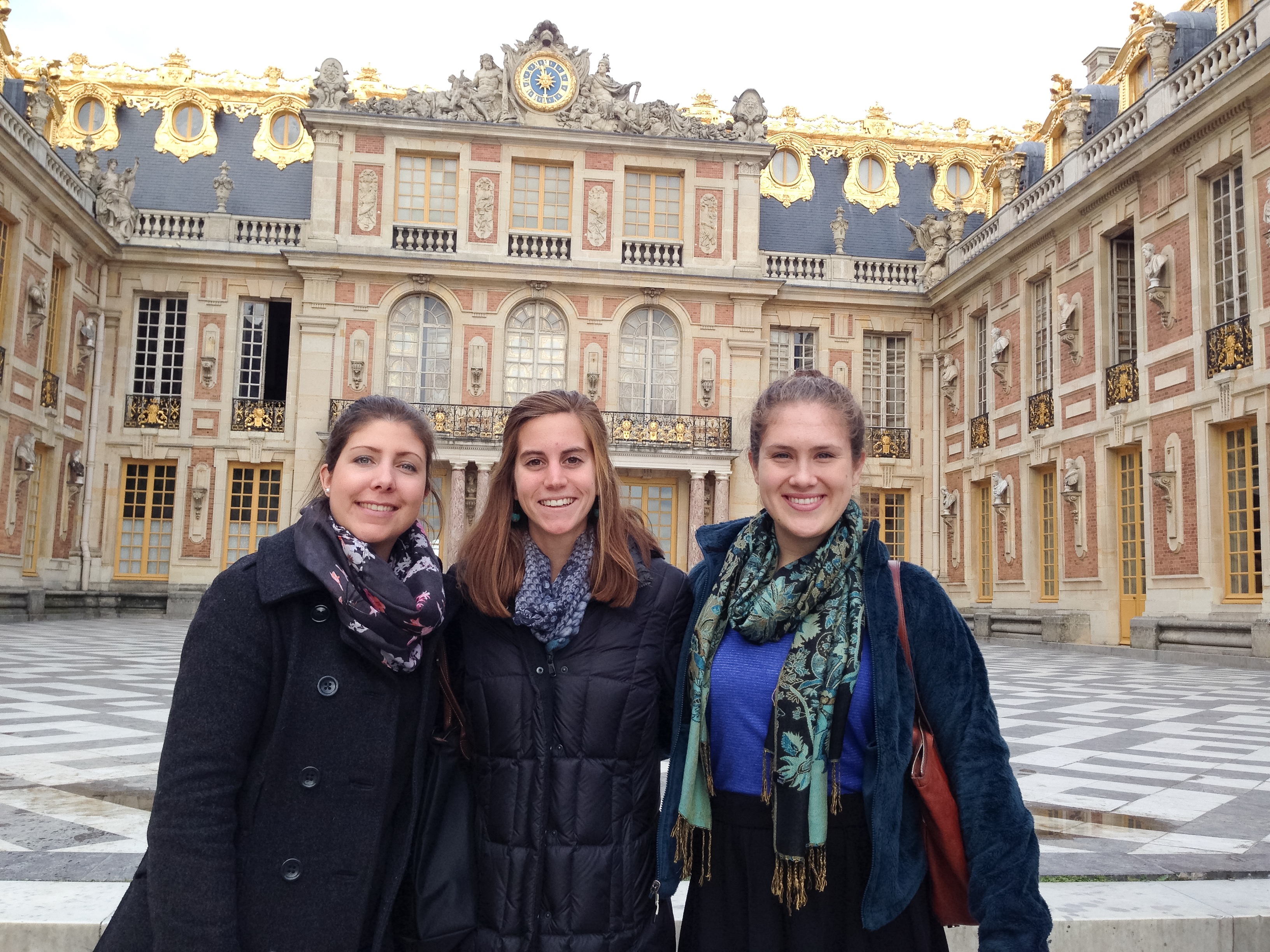
3) While I was in Paris, I had the chance to learn how to make crêpes and macaroons through two French cooking classes. I jumped at these opportunity because I love baking. I will never forget those delicious crêpes, and it was so fun to learn to make macaroons at the prestigious École de Boulangerie et de Pâtisserie in Paris. We all know how renowned French food is, and it’s even better when you know how to make it yourself!
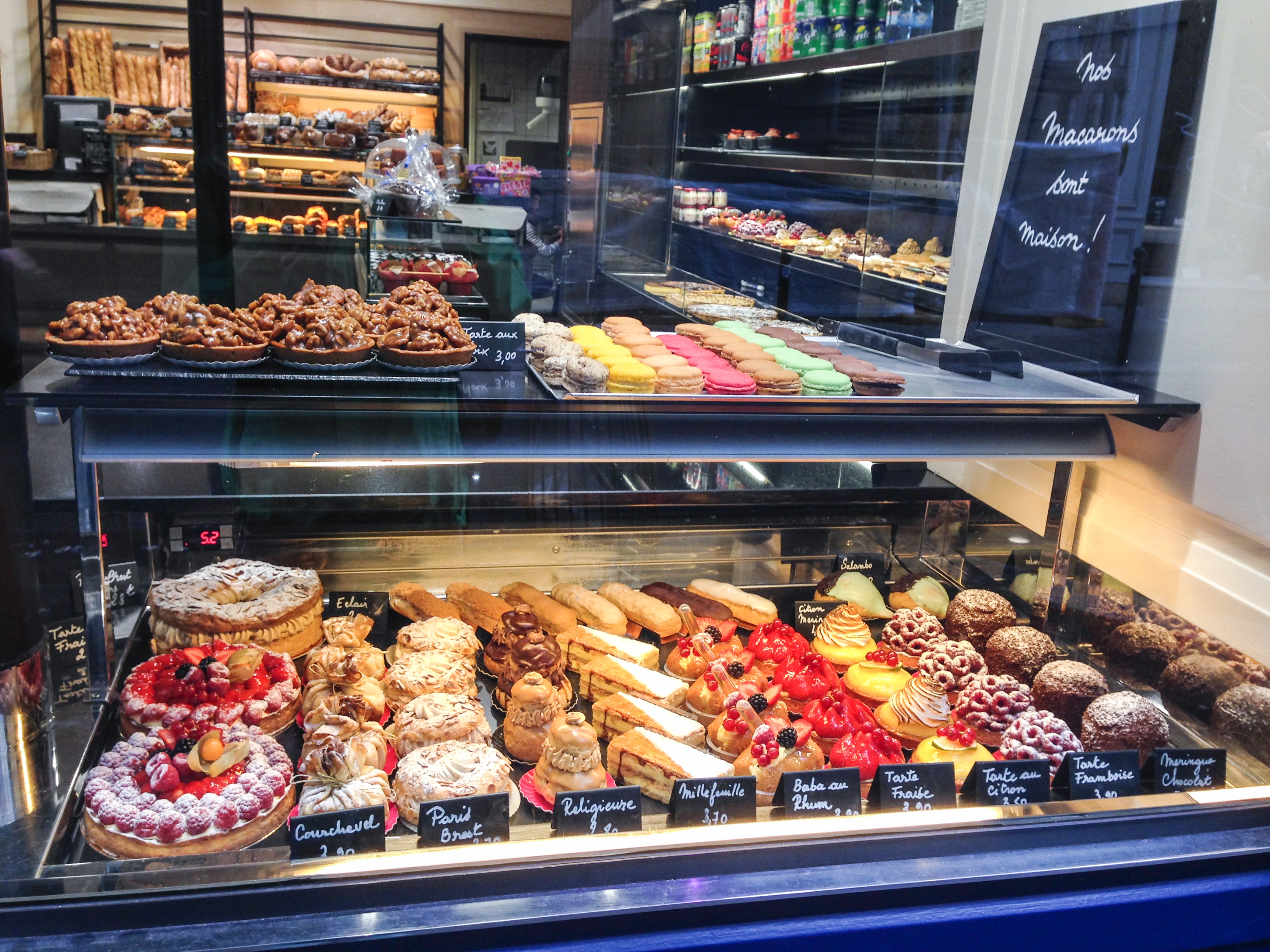
4) The city of Paris leading up to the holiday season was simply magical and so classy. Tons of Christmas markets with the most beautiful ornaments, the most delicious hot chocolate, and the most festive decorations appeared throughout Paris in late November. I tried to go to as many as possible! The hustle and bustle of the holiday season brought new life and an air of excitement to the city. Seeing the breathtakingly decorated windows of the grands magasins and going Christmas shopping with friends are some of my most treasured memories from my last weeks in Paris.
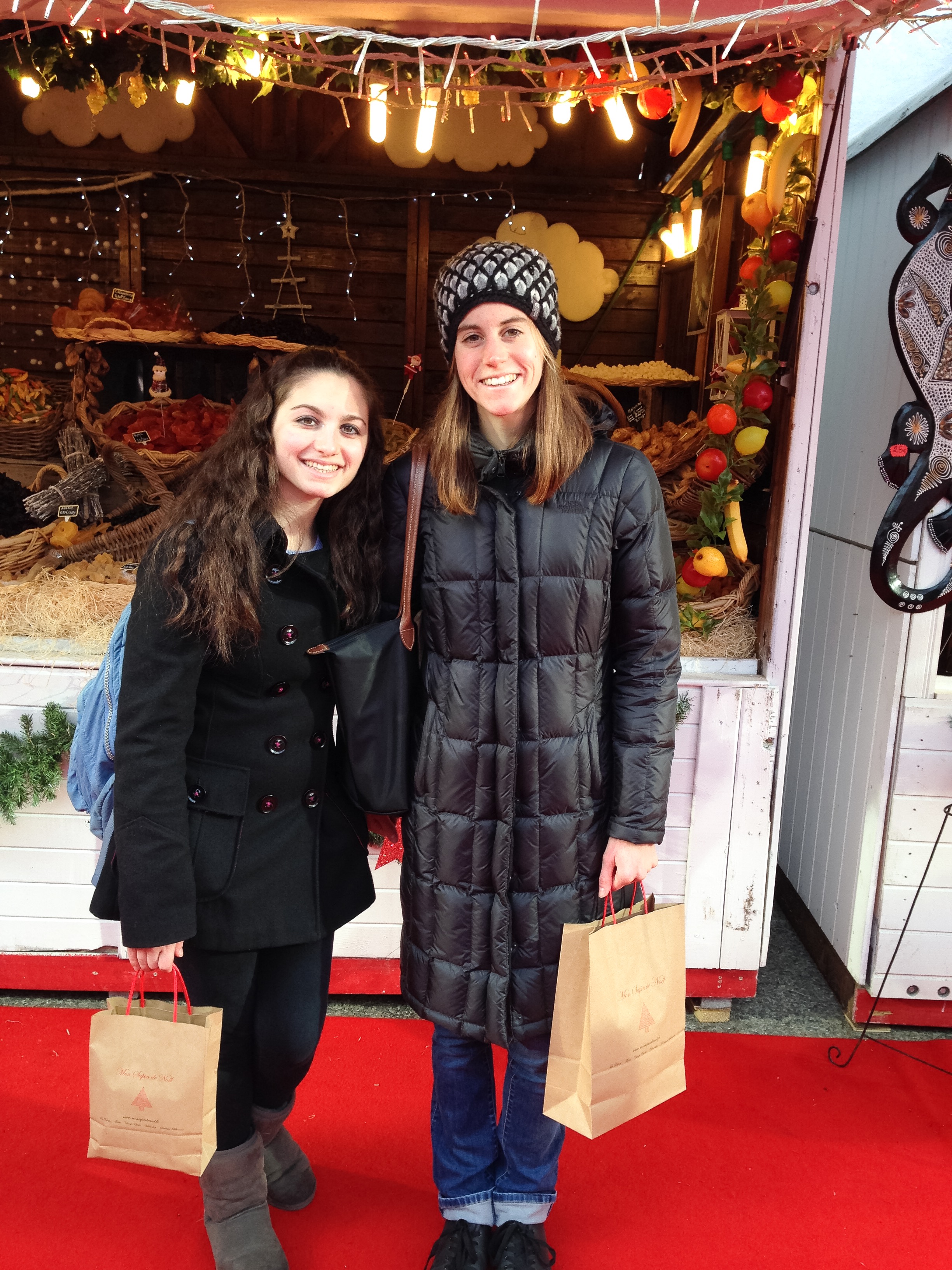
5) Lastly, but perhaps most important, I learned what I am capable of while I was abroad. It definitely took courage to pack my bags and head to a brand new city this September, but I am certainly glad that I did. As you can see from my highlights, studying abroad gave me so many life-enriching opportunities that I wouldn’t have had if I stayed on campus, and I feel like I really grew up in Paris. I was able to take a few weekend trips and explore the city of Paris regularly while still doing well in all of my classes (and while writing my first junior paper), so it was very rewarding to see my doubts expelled about being able to balance both academics and these fun opportunities. What's more, setting up a French phone plan, figuring out banking and finding a doctor when I got sick (all in French) presented me with challenges that my parents truly couldn’t advise me about for the first time. I feel proud that I was able to create a successful, balanced and independent life in Paris, and that might be the best take-away from my semester abroad.
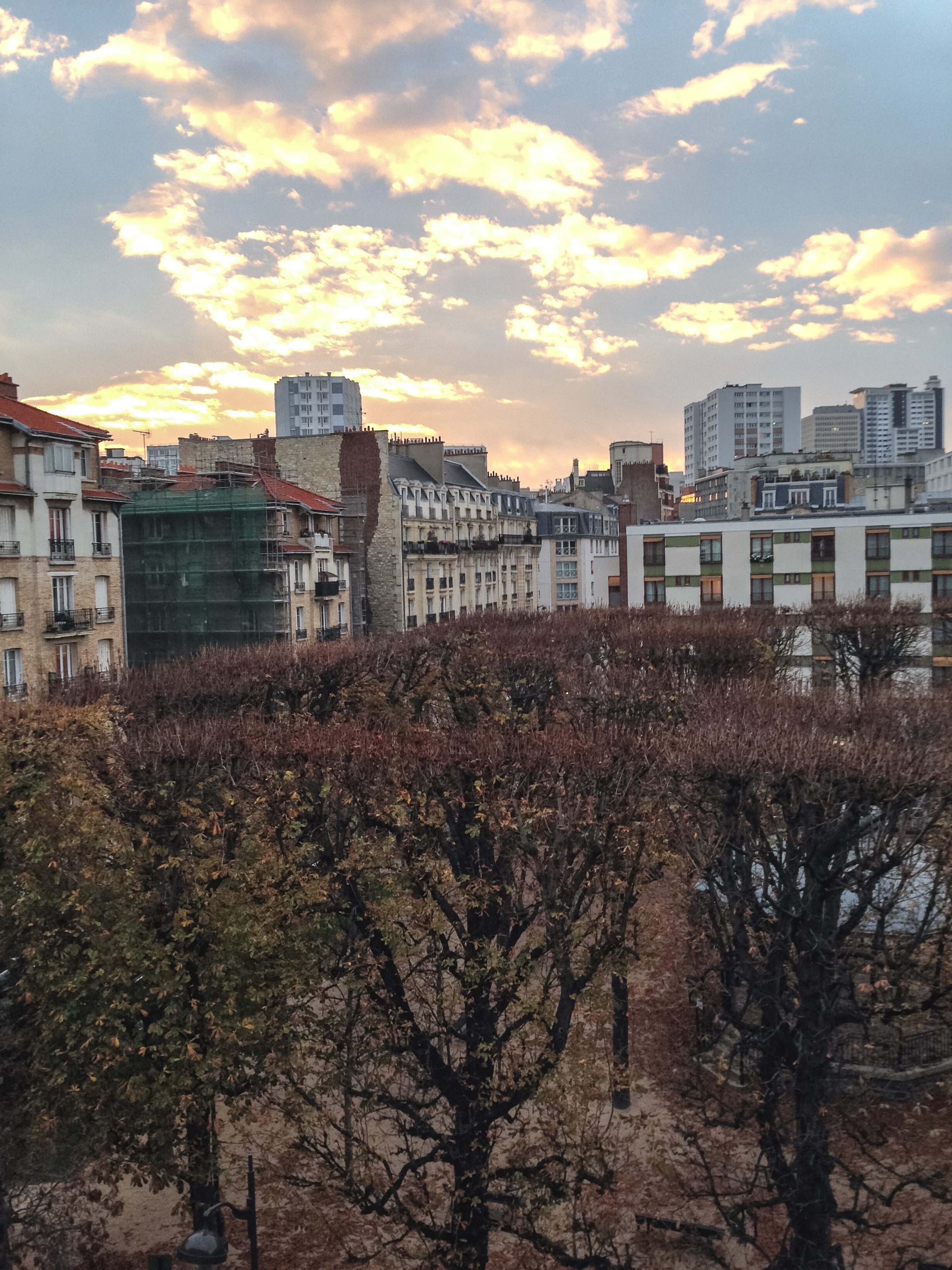
Well, I could write forever about my experience in Paris, but I’ll end by saying that you can feel free to contact me or any of the other Global Ambassadors if you have any questions about studying abroad as a Princeton student or just want to hear more about life in another country!







